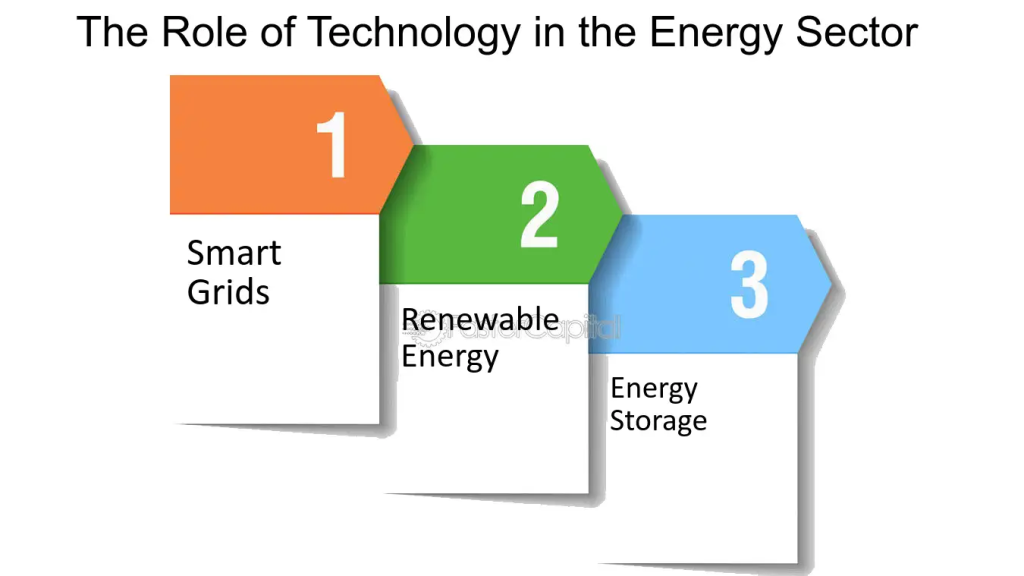Solar energy technology harnesses the power of sunlight to generate electricity or heat for various purposes. It involves the use of photovoltaic cells to convert sunlight directly into electricity or solar thermal systems to capture sunlight for heating water or air. These technologies have seen significant advancements in recent years, leading to increased efficiency and affordability.
In this article aims to explore the multitude of benefits offered by solar energy technology. By examining its environmental, economic, and social advantages, the article seeks to highlight why solar energy is a crucial component of sustainable energy solutions. Through accessible language and clear examples, it aims to inform readers about the potential of solar energy to mitigate climate change, create jobs, and improve access to electricity worldwide.
Table of Contents
Environmental Benefits
Solar energy offers several significant environmental benefits. Firstly, it contributes to the reduction of greenhouse gas emissions, particularly carbon dioxide, which is a major driver of climate change. By replacing fossil fuels with clean solar power, we can decrease our reliance on carbon-intensive energy sources.
Secondly, solar energy helps conserve natural resources by reducing the need for extracting finite resources like coal, oil, and natural gas. This leads to less habitat destruction, pollution, and ecological harm associated with resource extraction.
Furthermore, solar technology has minimal impact on ecosystems compared to conventional energy sources, as it does not require large-scale mining or drilling operations. Additionally, solar panels can be installed on rooftops and in urban areas, reducing the pressure on undeveloped land.
Overall, the environmental benefits of solar energy contribute to a healthier planet by mitigating climate change, conserving natural resources, and minimizing harm to ecosystems.
Economic Benefits
Solar energy offers a range of economic advantages, starting with job creation and economic growth. The solar industry employs a diverse workforce, including engineers, technicians, installers, and salespeople, leading to job opportunities in both manufacturing and installation sectors.
Moreover, solar energy provides cost savings for consumers and businesses alike. Once installed, solar panels generate electricity at a predictable cost, shielding consumers from volatile energy prices. Additionally, solar energy systems can generate excess electricity that can be sold back to the grid, providing an additional revenue stream for homeowners and businesses.
Furthermore, solar energy contributes to energy independence and security by diversifying the energy mix and reducing reliance on imported fuels. This reduces vulnerability to price fluctuations and supply disruptions in global energy markets.
The economic benefits of solar energy encompass job creation, cost savings, and enhanced energy security, making it an attractive option for individuals, businesses, and governments alike.
Social Benefits
Solar energy technology brings about several significant social benefits. Firstly, it improves public health by reducing air pollution and the health risks associated with burning fossil fuels for electricity generation. Cleaner air leads to lower rates of respiratory diseases and improves overall well-being, particularly in urban areas where air quality is a concern.
Secondly, solar energy expands access to electricity, particularly in remote and underserved communities. Off-grid solar solutions, such as solar home systems and microgrids, provide reliable electricity to areas without access to traditional power infrastructure, improving living standards and enabling economic development.
Furthermore, solar energy empowers communities by offering opportunities for local ownership and participation in energy production. Community solar projects allow individuals to collectively invest in and benefit from solar installations, fostering a sense of ownership and solidarity.
Overall, the social benefits of solar energy include improved public health, increased access to electricity, and community empowerment, contributing to a more equitable and sustainable society.
Technological Advancements
Solar energy technology has undergone significant advancements, leading to increased efficiency, reliability, and affordability. One notable advancement is the improvement in solar panel efficiency, allowing panels to convert more sunlight into electricity. This results in higher energy output from the same surface area, making solar energy more cost-effective and accessible.
Additionally, advancements in energy storage technologies have addressed the intermittency issue associated with solar power. Batteries and other storage solutions enable solar energy to be stored for use during periods of low sunlight or high demand, providing a more reliable and consistent source of electricity.
Furthermore, integration with smart grid technologies allows for better management and distribution of solar energy. Smart grids enable real-time monitoring and control of energy flows, optimizing the use of renewable energy sources like solar power while ensuring grid stability and reliability.
Technological advancements in solar energy have improved efficiency, storage capabilities, and grid integration, making solar power a more reliable and viable source of clean energy for the future.
Challenges and Solutions
Despite its numerous benefits, solar energy technology faces several challenges that need to be addressed for widespread adoption. One significant challenge is intermittency, as solar power generation is dependent on sunlight and is variable throughout the day and across seasons. To mitigate this challenge, energy storage solutions such as batteries can store excess energy during sunny periods for use when sunlight is not available.
Another challenge is the initial cost of installing solar energy systems, which can be prohibitive for some individuals and businesses. However, various financing options, such as leasing and power purchase agreements, can help make solar energy more accessible by spreading out the upfront costs over time.
Policy and regulatory hurdles also pose challenges to the deployment of solar energy. In some regions, outdated regulations and a lack of supportive policies can hinder the growth of the solar industry. Governments can address these challenges by implementing supportive policies such as feed-in tariffs, tax incentives, and renewable energy mandates to promote solar energy adoption.
Addressing challenges such as intermittency, upfront costs, and regulatory barriers requires a coordinated effort involving technological innovation, financial support, and supportive policies to unlock the full potential of solar energy as a clean and sustainable energy source.
Conclusion
Solar energy brings loads of good stuff. It helps the environment by cutting down on greenhouse gases and saving natural resources. Plus, it’s a money saver, creating jobs, cutting costs, and making us less reliant on imported energy.
But it’s not just about money and the environment. Solar power also makes us healthier by reducing pollution and giving more folks access to electricity, especially in remote areas. Even cooler, it lets communities own and benefit from their own power. Despite a few hurdles like cloudy days and upfront costs, if we work together, we can make solar energy even better.








Pingback: What Technology Allows Retailers to Better Respond to Consumer Buying Patterns